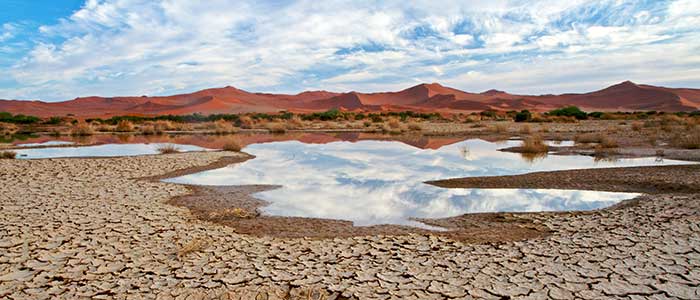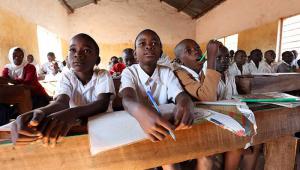Web_DroughtZambia_shutterstock_74778760.jpg

Drought in Africa
The United Nations agency said that already 36 countries have severely depleted water supplies as climate change, war, industrialisation and urbanisation weigh on water stocks.
In a report published today, it warned that the situation is only set to worsen, leaving some 600 million children with no access to safe water.
Over 663 million people globally are in this situation already, while 946 million have no access to toilets.
“Water is elemental; without it nothing can grow,” noted Unicef executive director Anthony Lake.
“But around the world, millions of children lack access to safe water – endangering their lives, undermining their health and jeopardising their futures.”
Without safe water, the report highlighted that children are forced to turn to unclean sources, rife with potentially deadly diseases like cholera and diarrhoea – the latter of which is already the cause of over 800 deaths in under five-year olds per day.
Many more children spend hours collecting water, missing out on education and putting girls in particular in danger.
The poorest and most vulnerable children are the most hard-hit by water stress, the report added.
Lake said the “crisis will only grow” unless “collective action” is taken now. Temperatures and sea levels are only set to rise, fuelling more erratic and extreme weather, and ongoing economic and urban development will add yet more demand.
But the report stressed that the impact of climate change on water sources is “not inevitable”. It said with careful planning, focused on securing water supply for the most vulnerable, and integrating climate risk management into all water and sanitation projects, governments can curb its impact.
It also said that businesses and communities should work together to prevent contamination and depletion of safe water sources and explore ways to diversity and increase storage capacity.
“In a changing climate, we must change the way we work to reach those who are most vulnerable,” said Lake. “One of the most effective ways we can do that is safeguarding their access to safe water.”













